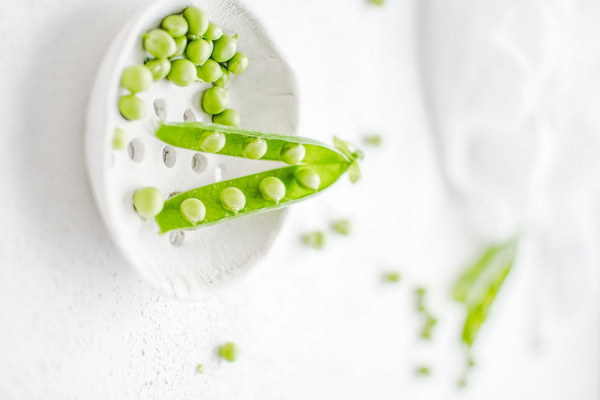Preserving Youthful Vitality The Art of Uterine Care for Anti-Aging
Preserving Youthful Vitality: The Art of Uterine Care for Anti-Aging
The uterus, often referred to as the womb, is a vital organ that plays a significant role in a woman's reproductive health. Beyond its reproductive functions, the health of the uterus also contributes to overall well-being and can impact the aging process. In this article, we delve into the art of uterine care, offering insights on how to maintain its health and potentially slow down the aging process.
Understanding the Uterus and Its Role in Aging
The uterus is a muscular organ located in the pelvis, and its health is closely linked to hormonal balance, which, in turn, affects the aging process. As women age, hormonal fluctuations can lead to a variety of issues, including menstrual irregularities, fibroids, endometriosis, and even uterine cancer. By taking proactive steps to care for the uterus, women can potentially mitigate these issues and support their overall health.
Key Practices for Uterine Care and Anti-Aging
1. Balanced Diet: A diet rich in fruits, vegetables, whole grains, lean proteins, and healthy fats can support hormonal balance. Foods high in antioxidants, such as berries and dark chocolate, can help combat oxidative stress and inflammation.
2. Regular Exercise: Regular physical activity can improve blood flow, which is essential for hormonal balance and overall uterine health. Activities like yoga, Pilates, and moderate cardio exercises are particularly beneficial.
3. Adequate Sleep: Quality sleep is crucial for hormonal regulation. Establishing a regular sleep schedule and creating a restful environment can help maintain a healthy uterus.
4. Stress Management: Chronic stress can disrupt hormonal balance and affect uterine health. Practices such as meditation, deep breathing exercises, and mindfulness can help manage stress levels.
5. Supplements and Herbs: Certain supplements and herbs may support uterine health. For example, omega-3 fatty acids, vitamin D, and iron can be beneficial. Herbs like chasteberry and red clover have traditionally been used to support hormonal balance.

6. Regular Gynecological Check-ups: Regular visits to a gynecologist can help detect and address any potential issues early on. Screening tests for cervical and uterine cancer are also important.
7. Avoiding Harmful Substances: Limiting exposure to harmful chemicals, such as those found in certain plastics and pesticides, can support uterine health. Additionally, avoiding tobacco and excessive alcohol consumption is advisable.
Lifestyle Modifications for Uterine Health
1. Maintain a Healthy Weight: Being overweight or underweight can disrupt hormonal balance and increase the risk of uterine disorders. Maintaining a healthy weight through a balanced diet and regular exercise can help.
2. Limit Caffeine and Alcohol: Excessive caffeine and alcohol consumption can disrupt hormonal balance and increase the risk of uterine fibroids and other conditions.
3. Stay Hydrated: Adequate hydration is essential for overall health, including uterine health. Drinking plenty of water can help maintain proper bodily functions.
The Role of Mind-Body Connection
The mind-body connection plays a significant role in uterine health. By nurturing the emotional and psychological aspects of well-being, women can support their uterine health. This includes cultivating a positive mindset, fostering relationships, and engaging in activities that promote relaxation and happiness.
Conclusion
The uterus is a complex organ that requires attention and care to maintain its health and contribute to a woman's overall well-being. By adopting a holistic approach to uterine care, which includes a balanced diet, regular exercise, stress management, and other lifestyle modifications, women can support their uterine health and potentially slow down the aging process. Embracing the art of uterine care is not only about preserving fertility but also about fostering a sense of vitality and well-being throughout life.




![Discover the Relaxing Experience at Lvdian Touli Health Club Call Us Now at [Phone Number]](http://img.bluepurple.cn/a/养生/511/Discover-the-Relaxing-Experience-at-Lvdian-Touli-Health-Club-Call-Us-Now-at-Phone-Number.jpg)




